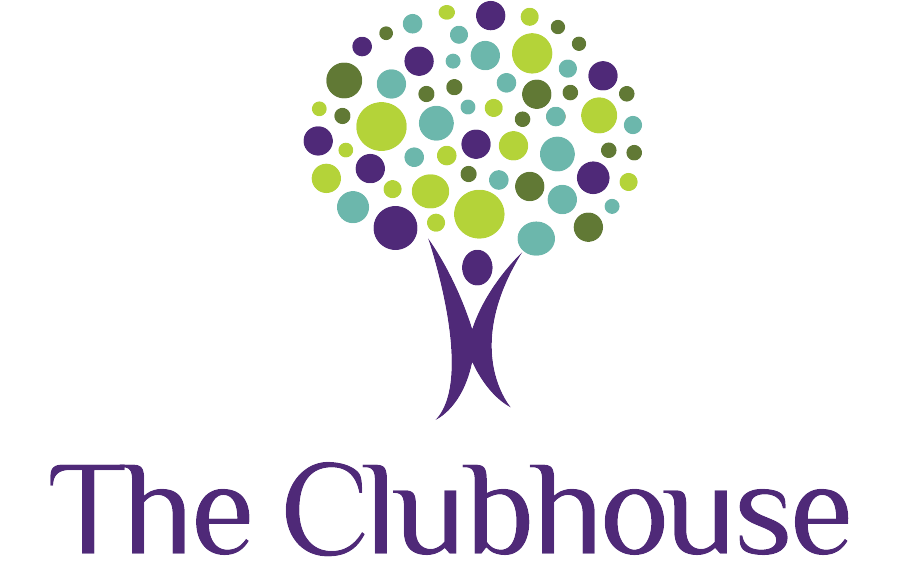Being a parent of a child with autism can feel like going on a journey full of both challenges and successes. You can’t help but feel proud of your child’s unique qualities and vibrant personality. So each day is a new chance to embrace their individuality while navigating the hurdles they face. One promising way to build a strong foundation for your child’s success is through Applied Behavior Analysis (ABA) therapy.
ABA therapy uses learning principles to change meaningful behavior, focusing on improving communication, social skills, and adaptive learning skills. Research shows ABA therapy can really benefit children with autism, with 90% of kids who undergo ABA treatment showing improvement.
ABA therapy can be a great way to help your child thrive. At The Clubhouse, our team of experienced and caring board-certified therapists creates personalized and impactful therapy plans to help your kid’s unique needs.
Check Our Transformative ABA Therapy Services Today!
Better Developmental Outcomes
Applied Behavior Analysis (ABA) therapy helps boost your child’s development in many areas.
Intellectual Growth and Daily Skills
ABA interventions help kids grow intellectually and become more adaptable. Think of it as unlocking your child’s potential with the right guidance. A meta-analysis done by Eckes et al showed that ABA can have a positive effect on cognitive skills compared to standard care or minimal treatment. With ABA therapy, you can help your kids do better in learning environments. It also strengthens daily skills, making kids better equipped for everyday tasks and new challenges.
Language Skills
Language connects us to the world, and ABA therapy helps build strong communication skills.
Through tailored interventions, kids improve their ability to understand and express language. It’s amazing to see a child express their needs, share thoughts, or tell stories.
A study published by the Association for Behavior Analysis International shows ABA can greatly enhance language abilities, helping kids communicate more effectively and actively participate in conversations.
Social Skills
Social interactions are key to building connections, and ABA therapy helps kids develop these important skills. Children with autism spectrum disorders may find social cues challenging, but ABA provides fun and targeted strategies to improve social skills.
Kids learn to handle social situations, make friends, and enjoy time with others. Imagine your child confidently engaging with others, understanding smiles or nods, and feeling like they truly belong. It’s all about helping them connect and feel part of the community.
Enhanced Daily Living Skills
Your kid deserves as much independence as possible, and ABA therapy offers a pathway to that goal. With the help of an individualized treatment plan, children learn daily living skills such as:
Building Self-Care Abilities
ABA therapy is all about empowering kids to stand on their own two feet, starting with self-care tasks. Think of it as giving children the skills they need to tackle the world, one bath time or tooth brushing session at a time.
By teaching personal hygiene, grooming, and other essential life skills, ABA therapy helps kids feel more confident and capable of managing their day-to-day needs. It’s like watching them grow into their own, armed with the tools to take care of themselves with pride and independence.
Cultivating Autonomy in Daily Routines
ABA therapy guides kids toward becoming more independent by focusing on their ability to follow instructions and perform daily tasks without constant help. Imagine the joy of seeing your child complete tasks that once seemed scary all on their own.
Whether it’s getting dressed, organizing their backpack for school, or even making a simple snack, ABA therapy lays down a roadmap for children to navigate these activities smoothly and confidently.
This journey to autonomy not only boosts their self-esteem but also instills a sense of accomplishment and readiness to face new challenges.
Addressing Sleep and Bathroom Independence
Two areas that often pose significant hurdles are sleeping through the night and independent bathroom use. ABA therapy offers structured strategies to overcome these challenges, enabling children to sleep more soundly and manage bathroom needs without assistance.
This important part of ABA therapy is about creating calmer, more manageable routines that enhance the overall well-being of the entire family. Through ABA, children learn to transform these challenging aspects of daily life into achievable, routine parts of their day.
Behavioral Improvements

ABA therapy not only helps individual children but also benefits family dynamics by reducing stress and promoting positive interactions at home.
Encouraging Positive Behaviors
ABA uses systematic reinforcement to promote positive behaviors in children. It’s like a game where achievements earn rewards, motivating continued progress. By praising or rewarding good behaviors, children are encouraged to keep improving. Plus, parents and caregivers also learn how to use positive reinforcement techniques at home, setting the stage for a happier household.
Minimizing Unwanted Behaviors
A key goal of ABA is reducing behaviors that hinder learning and growth. These are often disruptive actions that cause stress. ABA uses structured techniques to pinpoint and lessen these behaviors, teaching alternatives to tantrums or ways to communicate discomfort. As these behaviors decrease, interactions become more harmonious and peaceful.
Building Healthier Emotional Expressions
ABA helps children express emotions healthily. Studies show that techniques guide them in understanding and appropriately expressing feelings. By learning to say “I’m upset” instead of acting out, children build skills to manage frustration and anxiety. This improves emotional well-being, strengthens relationships, and enhances family communication.
Check Our Transformative ABA Therapy Services Today!
Long-Term Benefits
Research suggests that the positive effects of ABA therapy extend far beyond immediate skill acquisition, offering profound long-term benefits for children with an autism spectrum disorder. At the heart of this evidence-based approach lies a powerful potential to significantly alter life trajectories.
Early Success Through Intensive Intervention
In a study by Choi et al., early intensive behavioral intervention, grounded in ABA principles, is proven to help children with ASD.
By tapping into the formative stages of childhood development, early intervention ABA therapy targets various developmental domains, including communication, social engagement, and adaptive skills.
For instance, imagine your child who once struggled with understanding social cues now confidently navigating interactions with peers, all thanks to the structured support and learning opportunities provided by early intensive behavioral intervention.
Enhancing Mainstream Opportunities
Early, high-quality behavioral interventions can help kids with autism learn the skills they need to transition into regular classrooms. It’s heartwarming to see your child join peers in general education, ready to participate and succeed.
This change represents academic progress and also encourages a sense of belonging and inclusion, benefiting both the child and their family.
A Ripple Effect on Family and Society
ABA therapy benefits not just the child but also families and communities. By encouraging positive behaviors and emotions, it helps children build stronger relationships with family and friends.
Families feel less stressed, leading to better interactions and improved quality of life. As these children grow up, their skills contribute to society, showing the lasting effects of early ABA interventions.
So, How Effective is ABA Therapy: Final Thoughts
ABA therapy is more than just a method; it’s a transformative journey that enables children to tap into their full potential, enriching their lives with independence, confidence, and harmonious relationships. The skills learned through ABA can create a foundation for lifelong success and happiness, affirming the importance of early and dedicated intervention.

